Learning to play the piano is just like learning any new skill – it takes time. But with patience, consistency and hard work, it can be learned quicker than you might think. Each person progresses at their own rate – some people adjust quickly to certain concepts while some may struggle more than others.
The time it takes to learn piano depends on the consistency and quality of your practice, as well as your goals, age and previous musical experience. On average, it takes between 9 months and 3 years to learn the basics of piano.
Hi, I’m Ben from Live Aspects and in this article, we’ll discuss how to become a proficient pianist and explore the various factors that influence how long it takes to learn piano.
Without further ado, let’s get started!
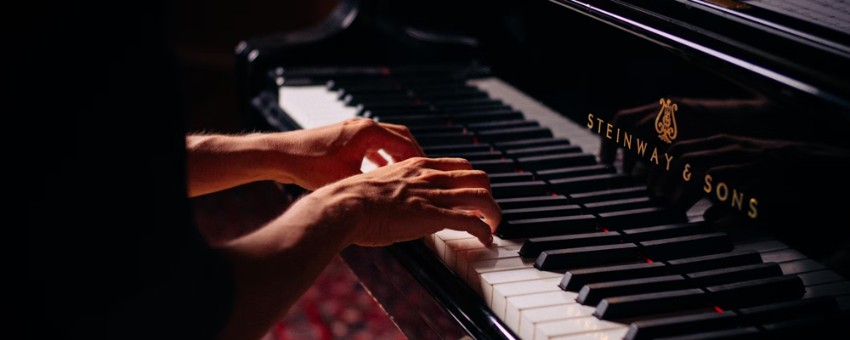
| Using Levels To Gauge Progress
Many piano teachers use a levels system to gauge the progress of learning piano. Some systems range from 1-8, while others are from 1-12. Measuring yourself using levels helps you assess your progress and identify the areas that you may need to work on.
Following the ABRSM guidelines (Associated Board of The Royal School of Music), here are the approximate number of months it takes to learn each level of piano and the skills you will learn at each level:
|
Grade: |
Average Learning Time: |
What You Will Learn: |
|
| Basic |
Grade 1 |
9 – 12 months |
|
|
Grade 2 |
9 – 12 months |
||
|
Grade 3 |
9 – 12 months |
||
| Intermediate |
Grade 4 |
12 – 15 months |
|
|
Grade 5 |
12 – 15 months |
||
| Advanced |
Grade 6 |
1 – 2 years |
|
|
Grade 7 |
1 – 2 years |
||
|
Grade 8 |
1 – 2 years |
*Please note that this table is merely a guideline, not something that needs to be followed strictly.
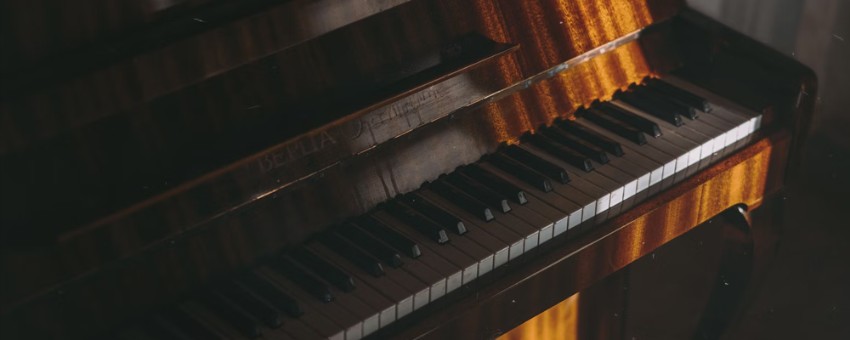
| Quality Of Your Practice
A running joke in the piano community is that you must practice 40 hours a day to be good. Although this is practically impossible, it speaks to how much persistence you need before you can play the instrument.
Most professional players recommend between 2-4 hours of practice per day. Again, it depends on how good you want to be and the goals you set yourself. If you are unfamiliar with the piano, you should begin with shorter sessions and then build up to your ideal practice time. This schedule also allows you to pick up new skills easily as you get into the habit of being consistent.
Furthermore, it is not the act of practicing that counts, but the quality of your practice. If you repeatedly practice with bad techniques, it will likely take you longer to learn how to play.
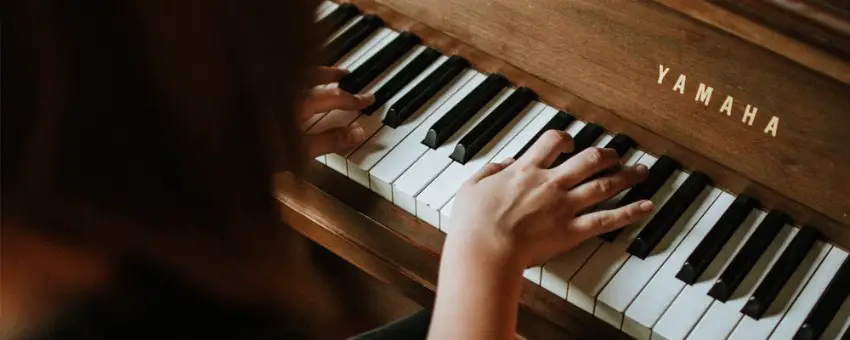
| Your Musical Background
Your previous musical background can also affect how long it takes to learn the piano. For example, if you have previously learned another instrument, you may be familiar with sheet music notation which could come in handy when learning piano.
Playing another instrument could also help you learn the piano faster. Although the piano is unlike other instruments, working knowledge of things like chords and chord structures, chord inversions and harmonies could ease your transition from different instruments to the piano.
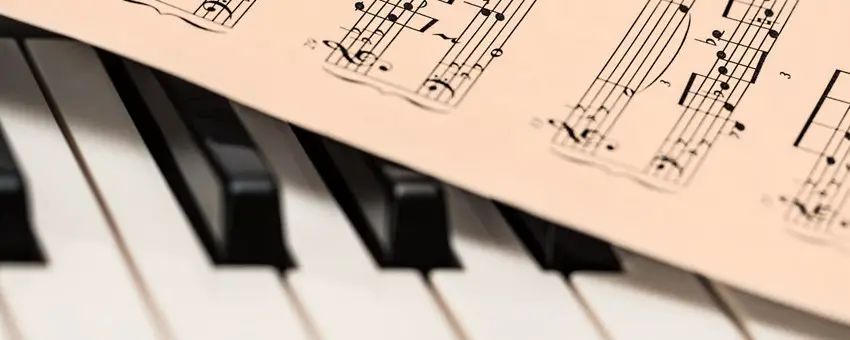
| Your Age
Age is one of the most frequently asked questions by people who want to take up the piano. Contrary to most people’s beliefs, you can learn the piano at any age. However, because of changes in neural connections in our brains as we age, it is generally more challenging to learn something new the older you get.
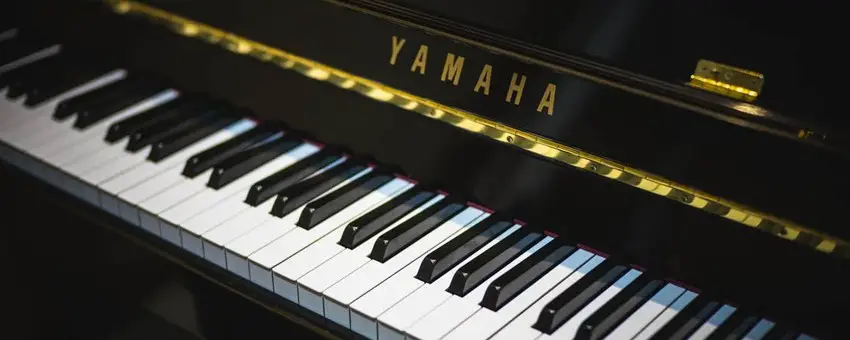
| Tips For Learning Piano Faster
There are a number of strategies you can implement into your practice sessions to help you improve more quickly. This include:
1. Practice Slower:
New players, and sometimes seasoned players, fall into the trap of rushing through practice to feel like they have learned something fast. However, doing this only promotes mistakes.
2. Master The Basics:
If you don’t master the basics first, playing more advanced pieces and picking up new skills will be difficult.
3. Adopt The Proper Posture:
To avoid injury, you must ensure your back is straight, your fingers are loose and your shoulders and feet stay relaxed.
4. Structure Your Practice Sessions:
It is advisable to jot down everything you want to learn and allocate time to each. This makes your practice less dull and repetitive and ensures you are practicing different skills.
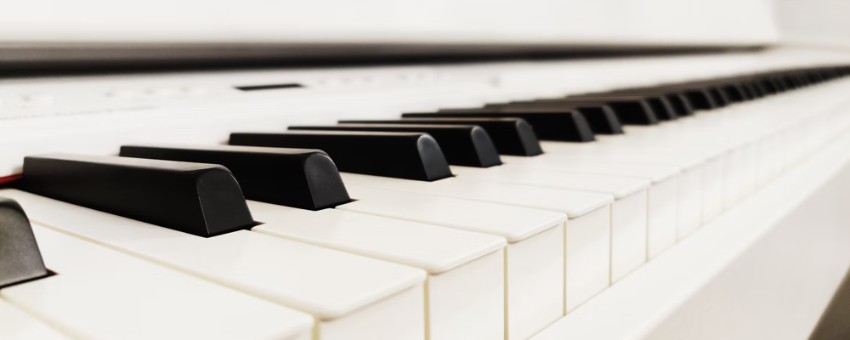
| How Long Would It Take To Teach Myself Piano?
In today’s world, with the help of YouTube tutorials and countless online resources, you can teach yourself just about any instrument. When learning the piano, self-teaching will take you longer to learn.
This is because the piano requires a specific technique that a beginner may not be familiar with. If you have the basic training to understand standard playing techniques, you can easily teach yourself more advanced songs.
Various research papers and articles discuss how it takes six months to learn a new skill and even more to perfect it. It is important to remember this as you are learning the piano. Being good requires steady, consistent practice, not just a few weeks of playing around with the keys.
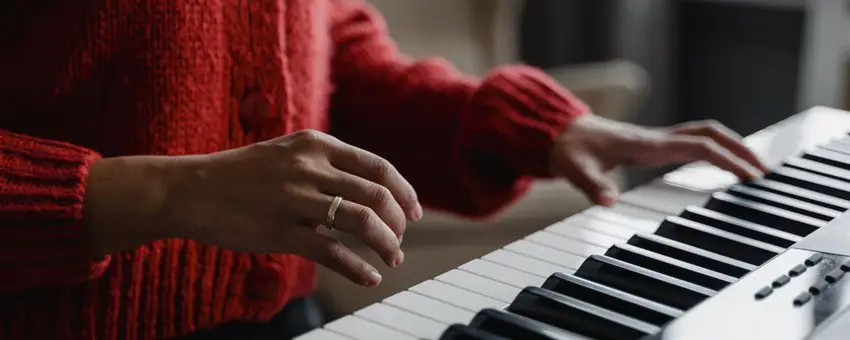
Want To Know More?
Here at Live Aspects, we have dozens of useful lessons and tutorials created to enhance your music production skills and help speed up the learning process. You can access our huge range of music theory lessons and production tips and tricks here.